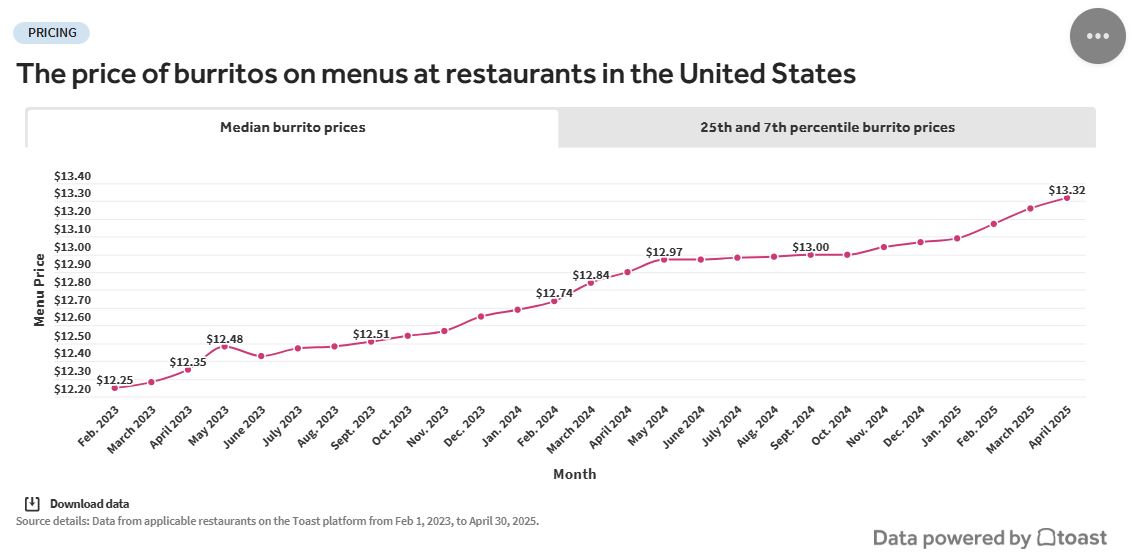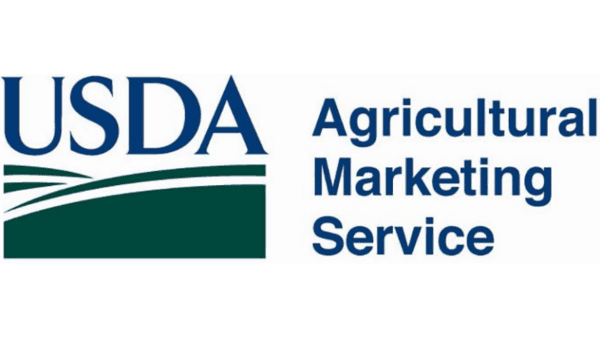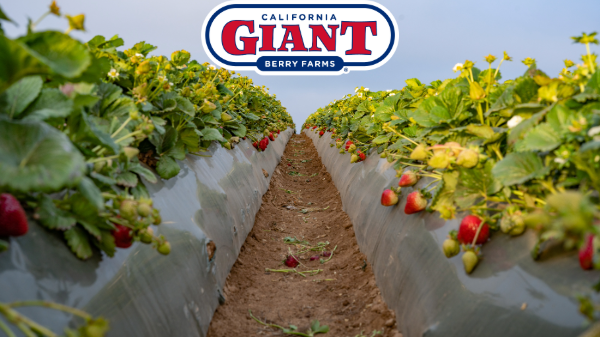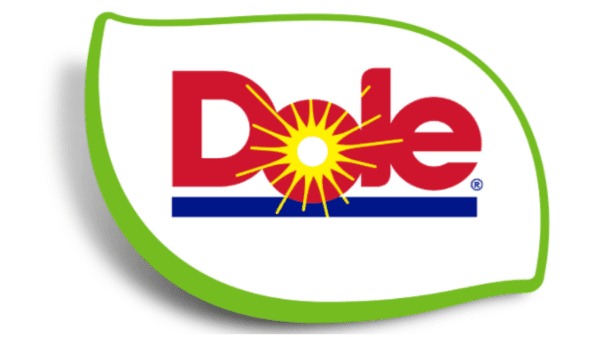Welcome to Blue Book!
Are you ready to join the thousands of companies who rely on Blue Book to drive smarter decisions? View our plans and get started today!
Still have questions? We’d love to show you what Blue Book can do for you. Drop us a line– we’ve been waiting for you.
Another monkey wrench that can disrupt a deal is a late, higher bid after the auction is held but before the court’s confirmation order is granted. This is what happened with Sunland, Inc.’s 363 sale of its organic peanut butter manufacturing plant in March 2014. At the auction, Hampton Farms of Severn, NC outbid the stalking horse, Ready Roast Nut Company, LLC, by $50,000. Shortly before the court hearing to approve the higher sale price, Golden Boy Foods, Ltd., offered $25 million for the plant.
After hearing arguments, the bankruptcy judge wrote, “Although the Court is loath to disturb the results of a judicial auction, this reluctance is counterbalanced by the amount of Golden Boy’s overbid and the fact that the bidding procedures put Hampton on notice that the auction was subject to Court approval. Given Golden Boy’s $25 million upset bid, the Court cannot make a finding that the sale to Hampton is in the best interests of the estate.”
Bidding was reopened at $25 million. Golden Boy won the bid at $26 million over Hampton Farms’ $25.1 million—and the latter’s appeal to the bankruptcy court was denied.
In most cases after a sale has been approved by the court, the decision to reopen bidding requires evidence of fraud, improper notice, or other irregularities.
Conclusion
A Section 363 sale under Chapter 11 of the Bankruptcy Code can be a useful tool for a distressed company in need of speedy relief from creditors. The process is faster, less expensive, and less complex than a protracted reorganization plan. Nevertheless, there must be a need for speed or other business justification for the sale before the court will grant its approval.








